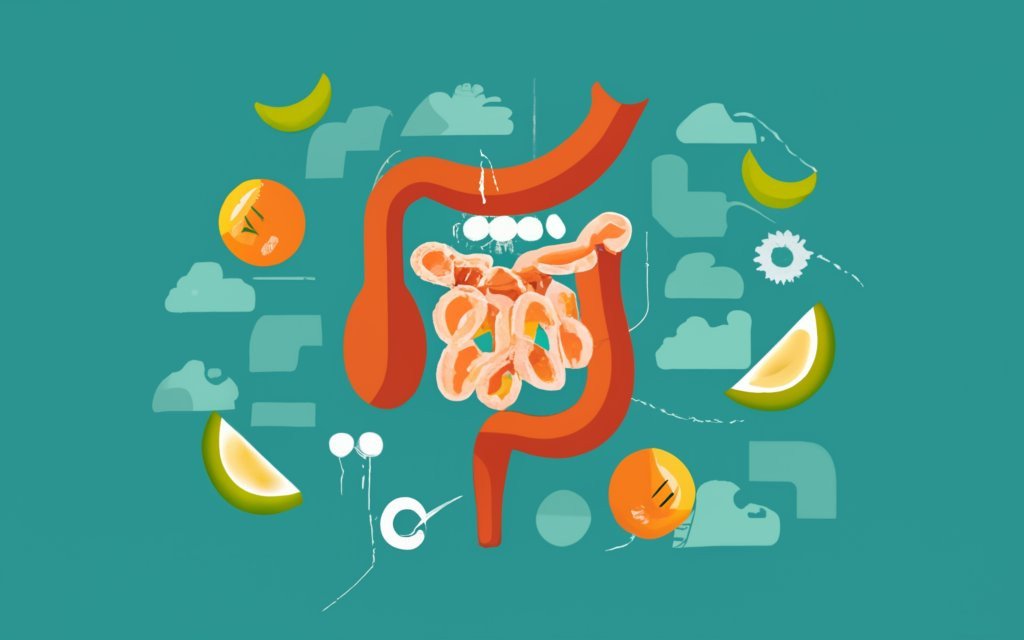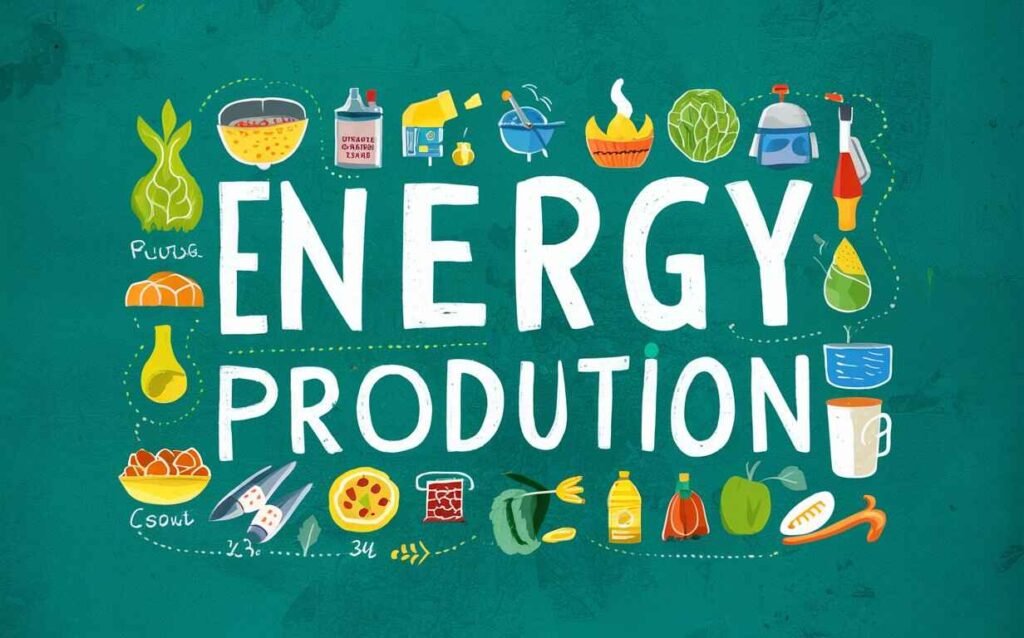Constipation, an uncomfortable condition that involves infrequent or challenging bowel movements, has the potential to interrupt one’s everyday routine. Although dietary variables and dehydration are frequently responsible, some vitamins and minerals can also contribute to this problem. This thorough examination investigates the relationship between vitamins, constipation, and regularity-maintaining strategies.
Vitamin B Complex and Constipation: Separating Fact from Fiction
Vitamin B1 (thiamine): Often called the “morale vitamin,” thiamine is essential for the body’s process of converting carbs into energy. Additionally, it helps produce stomach acid, which is necessary for healthy food digestion and nutritional absorption.
Vitamin B2, often known as riboflavin, is essential for the synthesis of energy and for the operation of cells. It also promotes the health of the mucous membranes that line the digestive track, allowing food to move through more easily.
Vitamin B3, or niacin, helps maintain the strength of the lining of the digestive system and encourages the proper activity of gut enzymes. This promotes effective nutrition uptake and digestion.
Pantothenic acid, or vitamin B5, is another essential component in the synthesis of energy. It also supports a healthy digestive system and facilitates the absorption of other B vitamins.
Pyridoxine, or vitamin B6, is a versatile B vitamin that aids in the body’s absorption of nutrients from diet and promotes protein metabolism. It also contributes to the synthesis of neurotransmitters, which affect mood and mental abilities.
Vitamin B7, often known as biotin, is necessary for the metabolism of fat, protein, and carbohydrates. It also helps to keep skin, hair, and nails in good condition.
Vitamin B12 (cobalamin): For normal red blood cell synthesis and neurological function, vitamin B12 works with folate. It also helps to keeping the lining of the digestive system in good condition.
Vitamin C and the Microbiome: Investigate the possibility that the antioxidant qualities of vitamin C might protect the bacteria in the gut and contribute to the maintenance of a balanced microbiome in the gut, which is necessary for the general health of the digestive system.
Vitamin A is crucial for the proper functioning of mucous membranes. However, it also has a significant impact on cell differentiation, namely in the creation and maintenance of gut lining cells.

The B Complex and Digestion: A Synergistic Relationship
While each B vitamin offers its own unique benefits, their true magic lies in their synergy. They work together to:
Boost Nutrient Absorption: B vitamins are essential for the digestion of proteins, lipids, and carbohydrates in diet. This facilitates the body’s effective absorption of vital nutrients.
Preserve Gut Health: B vitamins help the lining of the digestive system remain healthy and operate properly. In addition to preventing constipation, this encourages easy passage of meals.

Encourage Energy Production: B vitamins play a critical role in the metabolism of food into energy, maintaining healthy gut function, and supporting overall wellbeing.
The Plot Twist: B Vitamins at High Doses and Constipation
The narrative surrounding B complex and constipation takes a turn when considering high doses. Although B complex at the recommended daily consumption levels is usually thought to be constipation-friendly, taking too much of one of the following B vitamins might be problematic:
Vitamin B6: Studies indicate that extremely high dosages of B6 (more than 200 mg per day) may cause constipation in some people. Although it’s rare, it’s nevertheless vital to be aware of possible adverse effects when using standard amounts of B complex supplements.
The unlikely culprit: Constipation and the B Complex
The good news is that most studies indicates constipation is unlikely to occur when B complex vitamins are taken at the recommended daily consumption levels. As was previously mentioned, they may even have some advantages in preventing constipation by promoting gut health and digestion.
The Secret Vitamins: Examining the Workings
Specific vitamins and minerals present in multivitamins or separate supplements might function as obstacles in your digestive system:
Iron is an essential mineral that plays a vital role in transporting oxygen. However, excessive intake of iron can cause dehydration in the intestines, resulting in the formation of hard and dry stools, leading to constipation. Ferrous sulfate, a prevalent iron compound found in dietary supplements, is particularly renowned for causing this adverse reaction.
Calcium is crucial for maintaining strong bones and proper muscle functioning. However, it can also decrease the speed of gastrointestinal motility and can lead to constipation, particularly when taken in large amounts. Calcium carbonate, which is commonly found in supplements, is more prone to causing this issue compared to calcium citrate.
Folic Acid: Although essential for the growth and development of cells, excessive folic acid intake may cause constipation in certain people. Although the precise process is not entirely known, evidence indicates that it may have an effect on stool consistency.
Vitamin D is essential for the absorption of calcium and maintaining bone health. However, it is important to note that excessive intake of vitamin D supplements might lead to constipation in certain individuals. With some types and large doses, this effect is more likely to occur.
It’s critical to keep in mind that these outcomes are not common. Vitamins’ effects on digestion might vary depending on a person’s eating habits, level of hydration, and underlying medical issues.
Beyond Known Suspects: Additional Things to Think About
Fiber Paradox: Though some forms of fiber, like wheat bran, might initially make constipation worse, overall, fiber is thought to be a constipation fighter. This is due to their ability to absorb water and thicken stools, but they can also create difficulty with removal if not consumed in conjunction with enough water.

Magnesium: Although it doesn’t directly cause constipation, some magnesium supplements, such as magnesium oxide, may act as a laxative and may be a factor in diarrhea or loose stools.
Multivitamin Formulation: There may be a difference in the way your multivitamin is specifically made. To reduce the risk of constipation, look for gentler forms of calcium (such as calcium citrate) and iron (such as iron bisglycinate chelate).
Strategies for Smooth Sailing: Optimizing Your Regimen
Tailored Dosage: Seek guidance from a medical professional to ascertain the optimal amount of vitamins and minerals tailored to your specific requirements. Avoid exceeding recommended daily allowances (RDAs) unless specifically advised by a healthcare professional.
Timing is Key: For best absorption, take iron supplements on an empty stomach. To lower your risk of constipation, take calcium with meals instead.
Hydration Hero: Drink enough water throughout the day to help soften stools and make passage easier. Eight glasses of water should be consumed each day, with adjustments made for climate and activity level.
Fiber Friend: Increase the amount of fiber in your diet gradually by consuming more fruits, veggies, and whole grains. This encourages regularity and helps stools becoming bulkier. But remember to drink plenty of water in addition to eating more fiber.
Probiotic Powerhouse: Take into consideration adding probiotics through supplements or fermented meals. Probiotics have the potential to enhance a balanced gut microbiota, leading to improved digestion and regular bowel movements.
Exercise Enhancer: Regular physical activity stimulates gut movement and helps prevent constipation. Aim for at least 30 minutes of moderate-intensity exercise most days of the week.

If the condition of constipation continues to persist after implementing these steps, it is advisable to seek guidance from a medical professional. They can exclude the possibility of any underlying medical disorders and provide other supplements or treatment choices.
Exploring Vitamin Deficiencies Beyond the Use of Supplements
Although some vitamins may lead to constipation, the lack of certain vitamins can also be a contributing f actor. Here is a quick outline:
Vitamin B-12 deficiency, which is crucial for nerve function and the generation of red blood cells, may cause constipation as well as other neurological symptoms.
Magnesium Deficiency: Magnesium is necessary for the proper operation of muscles, particularly the digestive tract’s muscles. Constipation can accompany other symptoms like weariness and cramping in the muscles caused by a deficiency.
If necessary, a medical practitioner can prescribe the right supplements based on the results of blood tests to determine your vitamin levels.
The Plot Thickens: Other Considerations When Facing Constipation
Other reasons may be involved if you started taking a B complex vitamin and are now experiencing constipation.
Dosage Deception: Consuming too much B vitamin can increase the likelihood of constipation. The recommended daily intake (RDI) specified on the label of the supplement should always be followed.
Ingredient Intruders: Certain B complex supplements may include iron or calcium as additional ingredients, which, in large dosages, might result in constipation. Check the supplement label carefully for any unexpected substances.
Medical Conditions: Constipation can be a sign of a number of different illnesses, such as irritable bowel syndrome (IBS) or thyroid problems. See a medical expert to rule out any underlying problems if constipation continues.











